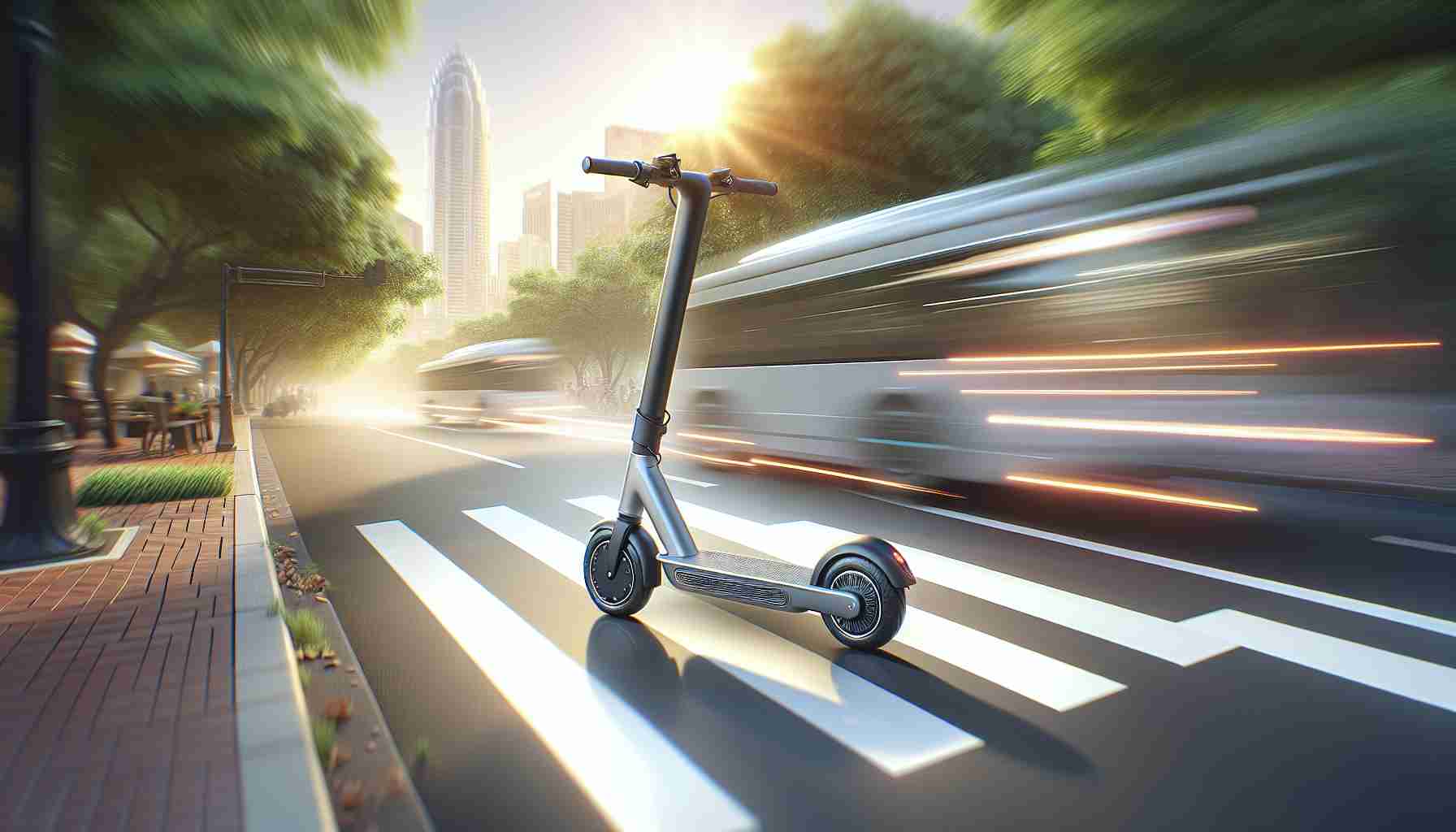The electric kick scooter market is on the brink of explosive growth, according to a new report by The Business Research Company. Their thorough analysis anticipates the market valuation to soar from $2.74 billion in 2023 to an impressive $4.86 billion by 2028, fueled by a compound annual growth rate (CAGR) of 11.9%.
Market Expansion Drivers: Rapid urbanization, demand for eco-friendly transport, and government incentives are key drivers behind this substantial growth. As cities evolve, electric kick scooters are increasingly viewed as an ideal solution for last-mile transportation, seamlessly integrating with public transport systems.
Technology Innovations: Cutting-edge advancements are reshaping the market landscape. Companies are leveraging smart technologies and improved battery capabilities to meet consumer expectations of efficiency and sustainability. A notable example includes NIU’s 2023 launch of lightweight carbon fiber scooters, KQi Air X and KQi Air, which redefine ultra-light vehicle design.
Market Trends: The growing adoption of micromobility services and personalized riding experiences highlight significant market trends. As air quality concerns rise, stakeholders are urged to explore the burgeoning opportunities within this sector. Enhanced collaboration with ride-hailing services is also anticipated, facilitating broader usage.
Global Market Insights: Europe has emerged as the largest contributor to the market in 2023. However, ongoing global strategies, comprehensive competitor assessments, and evolving regional contributions offer stakeholders insights imperative to staying ahead in this competitive field.
Despite challenges, the electric kick scooter market exhibits immense potential, promising innovative, convenient, and sustainable urban mobility solutions in the near future.
Revolutionizing Urban Mobility: The Secrets Behind the Rise of Electric Kick Scooters
The meteoric rise of the electric kick scooter market is reshaping urban transportation and sparking both interest and debate across the globe. While the projected valuation of $4.86 billion by 2028 highlights the enthusiasm around this trend, there’s much more beneath the surface driving and challenging this booming industry. Beyond mere convenience, these scooters are at the forefront of a transformative shift in how humanity approaches mobility.
Impact on Urban Development: The proliferation of electric kick scooters is influencing city planning and infrastructure development. As cities grapple with congestion and pollution, scooters present a nimble solution. The integration of scooter lanes and improved docking stations are under discussion, which could redefine urban landscapes. Yet, this also prompts questions about safety and regulatory measures. Are our cities ready for this micro-mobility revolution?
Environmental Implications: One of the standout advantages of electric scooters is their potential for reducing carbon footprints. With zero direct emissions, they offer a greener alternative to cars and congested public transport. However, the production and disposal of scooter batteries pose environmental challenges. Innovations in battery recycling could mitigate these effects, but can advancements keep pace with consumer demand?
Technological Controversies: The embrace of smart technologies in scooters brings benefits and controversies. While GPS tracking, speed control, and real-time diagnostics enhance user experience, concerns about data privacy and security loom large. If scooters are wired to capture user data, who owns this information, and how is it protected?
Societal Impacts: Electric scooters are democratizing access to efficient transportation, especially in densely populated areas. They offer a practical option for short commutes, saving time and bridging transit gaps. On the downside, the coexistence of scooters with pedestrians and vehicles presents safety and etiquette dilemmas. Cities are witnessing an increase in both positive engagement and discord around scooter usage, raising a critical question: Can community guidelines catch up with the speed of adoption?
Consumer Trends and Preferences: As the market expands, consumer preferences are shifting towards customizable and shareable scooter experiences. This trend aligns with the broader shift toward personalized mobility solutions. However, with varying levels of maintenance and safety across shared scooters, how can stakeholders ensure a consistent and reliable service while capturing this consumer interest?
The rise of the electric kick scooter market is a microcosm of broader societal and technological shifts. As individuals and cities adapt, the focus must remain on optimizing benefits while addressing emerging challenges. Will scooters become the definitive solution for modern urban mobility, or do they represent a stepping stone towards more comprehensive innovations?
For further insights and updates on the trends in urban mobility and technology, visit Wired and TechCrunch.



















